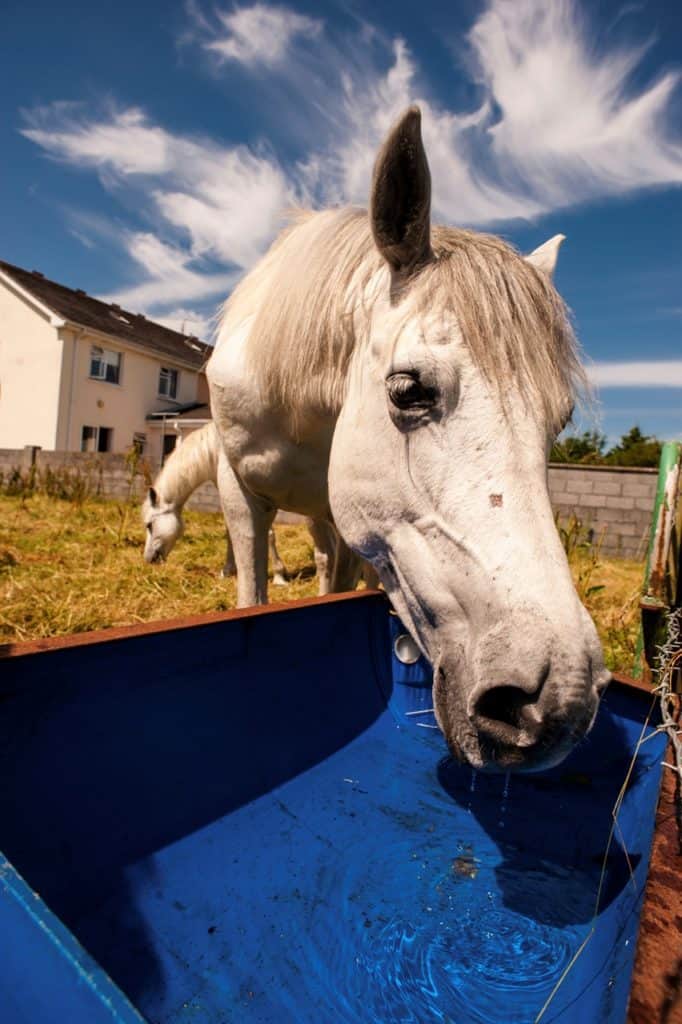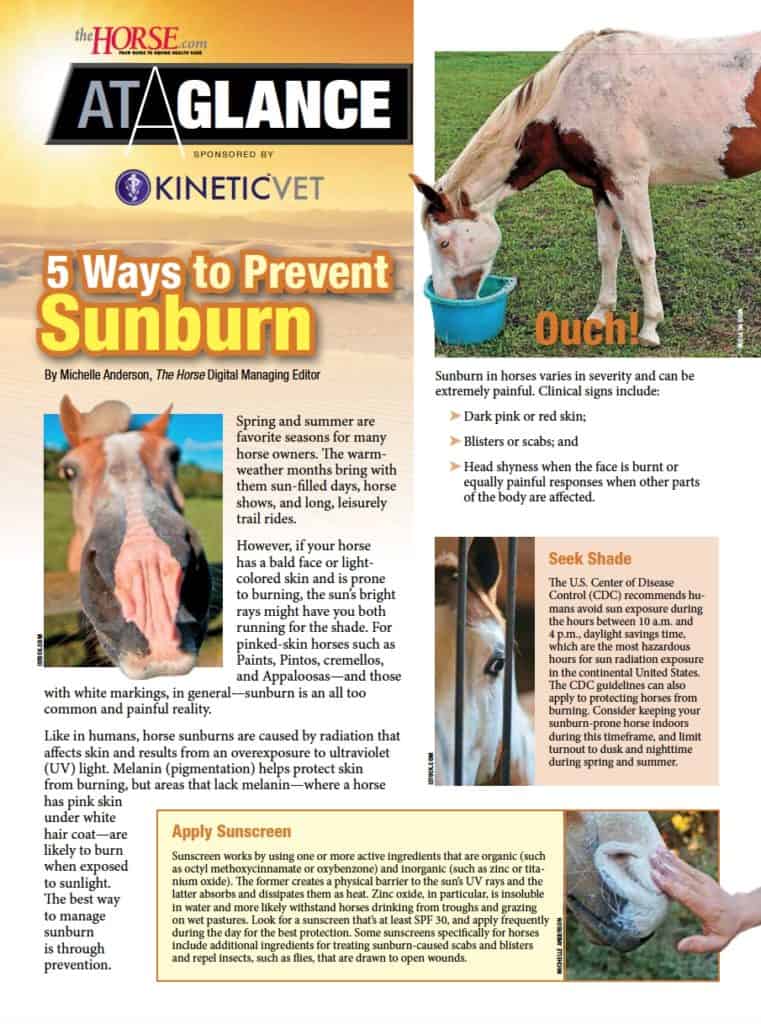
Cold Weather Horse Colic
With cold weather comes complicating factors that could increase horses’ colic risk.

With cold weather comes complicating factors that could increase horses’ colic risk.

Three equine professionals offer tips for preparing your animals, facilities, and yourself for the deep freeze ahead.

Of the 1,114 respondents, 811 (73%) said they do not body clip their horses during winter.

Protecting your horse’s turnout now can help ensure green pastures later.

Use these 10 veterinarian-approved tips for keeping your horse healthy and comfortable as winter approaches.

Of the 1,300 respondents, 558 people (43%) said they keep their horse at home, where they do not have an indoor arena.

A lack of water in your horse’s diet can have serious consequences. Here’s what to remember.

Learn to recognize the signs of various temperature-raising conditions in horses.

What’s causing the hives, hair loss, and scabs on your horse’s body?

How do you prepare your horses for a night of fireworks?

Janet Johnston, DVM, Dipl. ACVIM, ACVS, shares 10 tips to keep horses comfy and safe in the summer heat.

Learn about this frustrating contagious equine skin disease and how to prevent its spread.

Use this cheat sheet to protect your horse from the sun’s harmful UV rays.

Sun damage is serious in horses. In this infographic, find how to protect you pink-skinned horses from the sun.

Here are some spring-cleaning tasks and tips from our Facebook fans, as well as reference articles to help you get started.

Check all these tasks off your list as you transition your horse into the spring riding season.
Stay on top of the most recent Horse Health news with
"*" indicates required fields